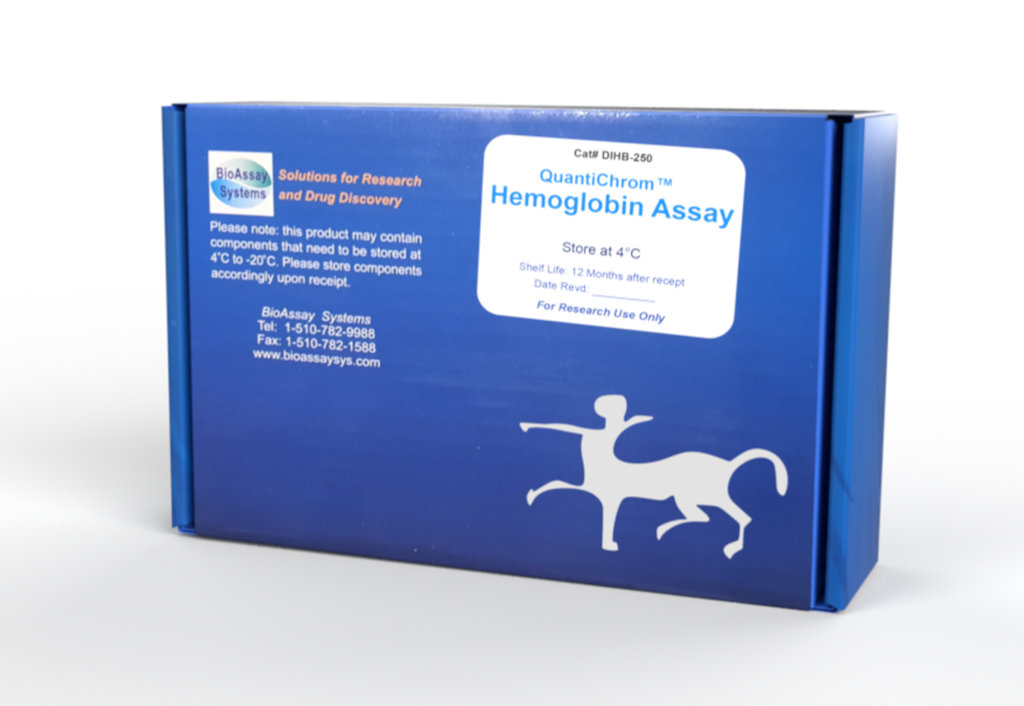Assay kits are essential tools in scientific research and diagnostics, providing a convenient and reliable means of measuring the presence or activity of specific substances within a sample. These kits are widely used across various fields, including biochemistry, molecular biology, pharmacology, and environmental science.
What is an Assay Kit?
An assay kit is a packaged set of reagents and protocols designed to perform a specific type of assay, which is a test that measures the concentration or functional activity of a target analyte. Assay kits can detect a wide range of molecules, including proteins, nucleic acids, enzymes, hormones, and small metabolites.
Types of Assay Kits
- Enzyme-Linked Immunosorbent Assay (ELISA) Kits: ELISA kits are used to detect and quantify specific proteins or antibodies in a sample. They rely on antibodies to capture the target analyte and produce a measurable signal, often a color change, indicating the presence and amount of the analyte.
- PCR and qPCR Kits: These kits are used for the amplification and quantification of DNA or RNA sequences. PCR (Polymerase Chain Reaction) kits enable the detection of specific genetic sequences, while qPCR (quantitative PCR) kits provide real-time quantification of nucleic acids.
- Activity Assay Kits: These kits measure the activity of enzymes or other proteins. They typically include substrates that the target enzyme acts upon, producing a detectable product that correlates with enzyme activity.
- Cell-Based Assay Kits: These kits assess cellular functions such as viability, proliferation, apoptosis, and signal transduction. They often use fluorescence or luminescence to provide readouts of cellular activities.
Examples of Assay Kits
- QuantiChrom™ Hemoglobin Assay Kit: This kit is designed for the quantitative determination of hemoglobin in blood samples. It uses a colorimetric method, where the intensity of the color produced is proportional to the hemoglobin concentration.

- QuantiChrom™ Calcium Assay Kit: This kit allows for the measurement of calcium levels in biological samples. It employs a colorimetric detection method that produces a color change in response to calcium, which can then be measured spectrophotometrically.
- QuantiChrom™ Urea Assay Kit: This kit is used to measure urea concentration in biological samples. It utilizes a simple and direct colorimetric method, making it suitable for various applications, including clinical diagnostics and biochemical research.
Applications of Assay Kits
- Biomedical Research: Assay kits are indispensable in studying biological processes, disease mechanisms, and drug effects. For example, ELISA kits are widely used to measure cytokine levels in inflammation research, while qPCR kits are crucial for studying gene expression.
- Diagnostics: Assay kits play a critical role in clinical diagnostics, enabling the detection of biomarkers for various diseases. For instance, ELISA kits are used to diagnose infections, hormone imbalances, and autoimmune disorders, while PCR kits are used to detect viral and bacterial pathogens.
- Pharmaceutical Development: In drug discovery and development, assay kits are used to screen potential drug candidates, evaluate their efficacy, and study their mechanisms of action. Enzyme activity assays, for example, help identify inhibitors or activators of specific enzymes.
- Environmental Monitoring: Assay kits are employed to detect contaminants and pollutants in environmental samples. For instance, kits designed to measure heavy metals or pesticide residues in water and soil are essential for environmental protection and regulatory compliance.
Advantages of Using Assay Kits
- Convenience: Assay kits provide all necessary reagents and protocols in a single package, simplifying the experimental setup and reducing preparation time.
- Reproducibility: Pre-formulated reagents and standardized protocols ensure consistent results across different experiments and users.
- Sensitivity and Specificity: Many assay kits are designed to be highly sensitive and specific, allowing the detection of low-abundance analytes with minimal interference from other substances in the sample.
- Time Efficiency: Using assay kits can significantly speed up experimental workflows, enabling faster data acquisition and decision-making.
Future Directions
The development of new assay kits continues to advance, driven by the need for more precise, high-throughput, and multiplexed assays. Innovations in assay technology, such as the integration of microfluidics, advanced detection methods, and automation, are expected to further enhance the capabilities and applications of assay kits in research and diagnostics.
In conclusion, assay kits are vital tools in modern scientific research and diagnostics. Their wide range of applications, coupled with their convenience, reliability, and efficiency, make them indispensable in advancing our understanding of biological systems and improving human health.